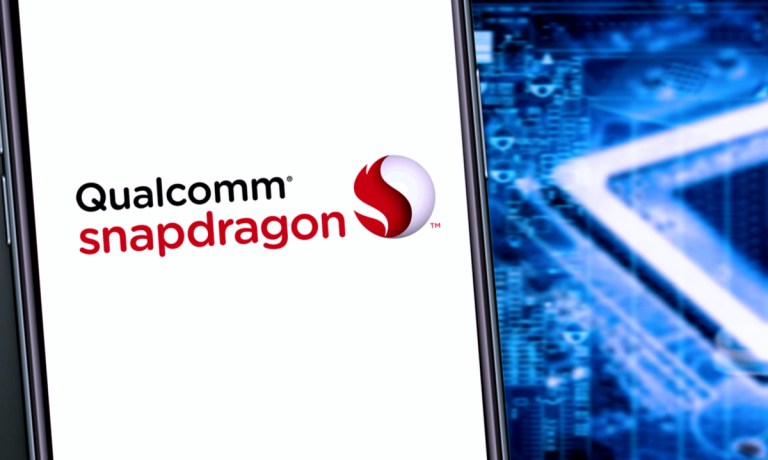The implementations are expected to be launched in 2024 and will enable developers to use the AI capabilities of Qualcomm’s Snapdragon platforms for applications and move them on-device, Qualcomm said in a Tuesday (July 18) press release.
“To effectively scale generative AI into the mainstream, AI will need to run on both the cloud and devices at the edge, such as smartphones, laptops, vehicles and IoT [internet of things] devices,” Durga Malladi, senior vice president and general manager of technology, planning and edge solutions businesses at Qualcomm, said in the release.
On-device implementations of AI provide not only a cost savings on cloud services, but also the promise of increased user privacy, improved security preferences, greater application reliability, and improved personalization, according to the press release.
The on-device AI implementations used in a variety of applications: intelligent virtual assistants, productivity apps, content creation tools, entertainment, and more, the release said.
The collaboration with Meta will bring these capabilities to the billions of smartphones, vehicles, extended reality (XR) headsets and glasses, PCs, IoT and other devices powered by Qualcomm’s AI hardware and software, per the release.
Advertisement: Scroll to Continue
“We applaud Meta’s approach to open and responsible AI and are committed to driving innovation and reducing barriers-to-entry for developers of any size by bringing generative AI on-device,” Malladi said in the release.
Generative AI will automate “busy work” and serve as the ultimate assistant or thought partner in human endeavors, Foundation Capital Partner Vinay Iyengar told PYMNTS when interviewed for the report “Understanding the Future of Generative AI,” the July edition of the “Generative AI Tracker,” a PYMNTS and AI-ID collaboration.
Both Meta and Elon Musk recently announced the launch of their own AI platforms, joining competitors like Microsoft and OpenAI as well as upstarts like Anthropic and other startups.

